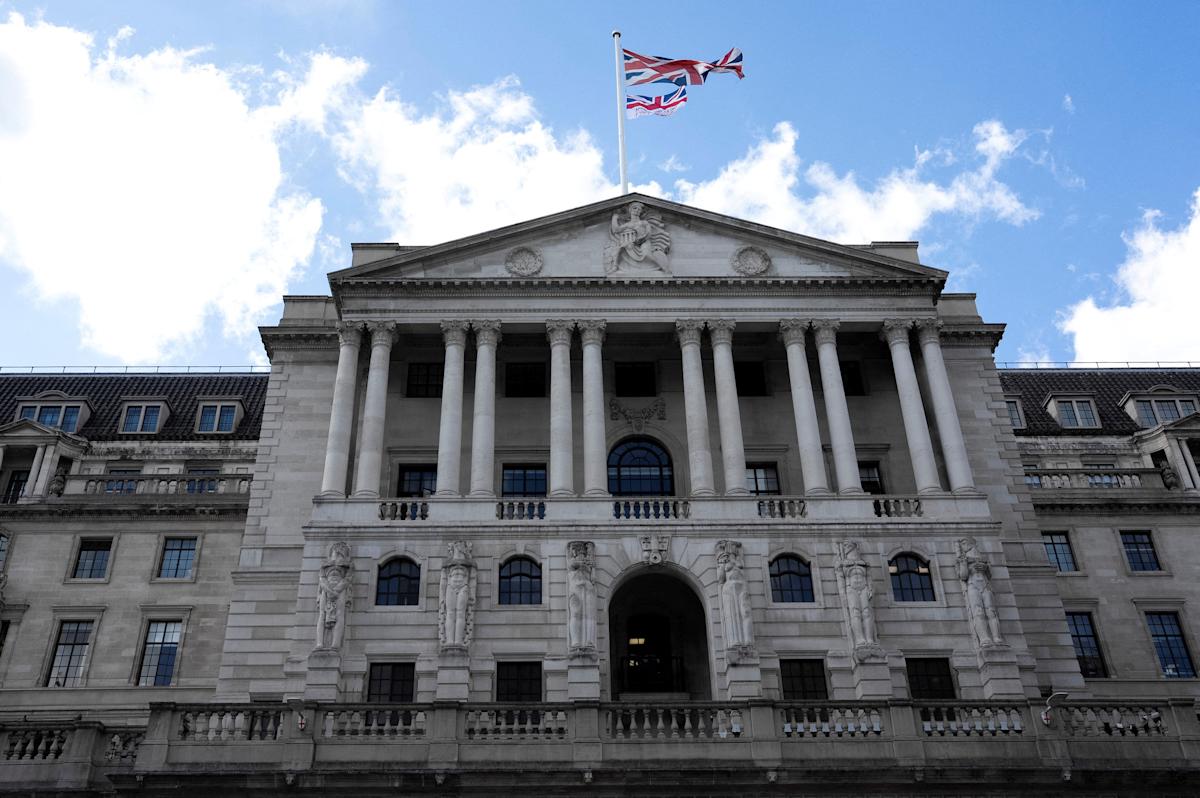The International Monetary Fund (IMF) has urged the Bank of England (BoE) keep cutting interest rates, while warning chancellor Rachel Reeves that she faces “significant challenges” in delivering her policy agenda without breaching her self-imposed fiscal rules.
In the final version of its annual report on the UK economy, the Washington-based organisation said the BoE “should continue to ease monetary policy gradually,” arguing that a “gradual and flexible” approach remained appropriate.
“Given elevated uncertainty, they noted that retaining flexibility to adjust the monetary stance in either direction is warranted,” the IMF added.
Interest rates are currently at 4.25% and it is widely expected that the Bank of England will cut them to 4% when it meets in 7 August.
The IMF also cautioned that Reeves’ fiscal strategy leaves limited room for manoeuvre, particularly in the face of potential shocks.
Read more: FTSE 100 LIVE: Markets take breather following record setting-week
“In an uncertain global environment and with limited fiscal headroom, fiscal rules could easily be breached if growth disappoints or interest rate shocks materialise,” it said.
“The first best [option] would be to maintain more headroom under the rules, so that small changes in the outlook do not compromise assessments of rule compliance.”
Reeves had £9.9bn of headroom against her main fiscal rule in March, but sluggish growth has since put her plans under strain, forcing a U-turn on proposed spending cuts. The IMF warned that pressures for “overly-frequent changes to fiscal policy” could mount unless the chancellor creates more room to meet her targets.
To improve fiscal policy stability, the IMF recommended “further refinements” to the UK’s budgetary framework. It said that the Office for Budget Responsibility (OBR) should conduct just one annual assessment of the government’s fiscal rules, timed with the autumn budget, rather than two reviews per year.
The IMF forecast that UK GDP would grow by 1.2% in 2025 and 1.4% in 2026, but warned that “risks to growth are tilted to the downside”. It noted that tighter financial conditions and elevated household savings could hold back private consumption and slow the recovery.
Read more: UK set to lose 16,500 millionaires this year as non-dom status ends
“In an environment of weak growth, persistent inflationary pressures may create ‘stagflation’ risks, complicating the monetary policy stance and putting pressure on public finances,” it said. “A significant rise in commodity prices due to international conflicts could further aggravate the situation.”
Story Continues
